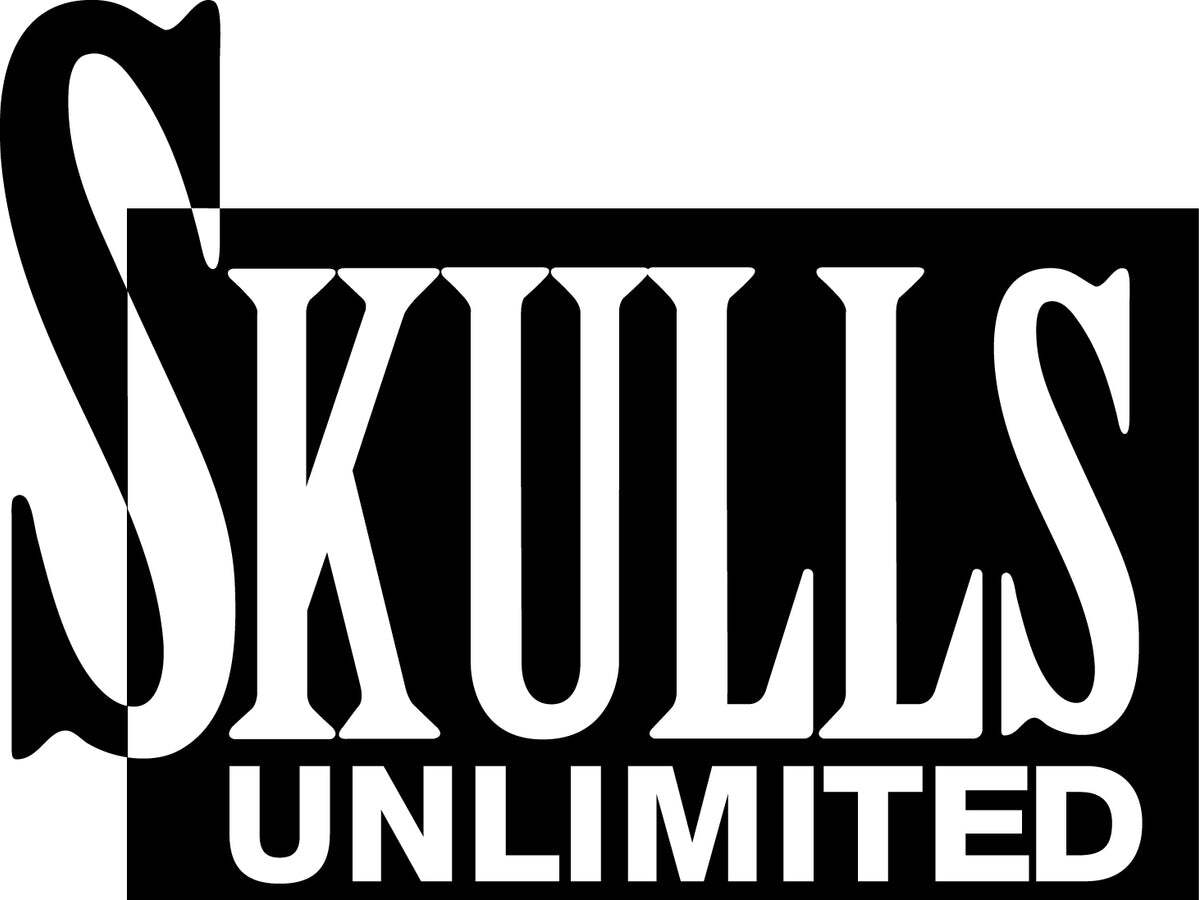No, I don’t want to buy one. This came out of a discussion about my brother, who is so much weirder than me if you can believe it, who owns a real human skull.
I don’t know how he got it. I don’t know where he got it from, maybe this company, more importantly, I don’t know why he would want such a thing. He is not a scientist, he works in IT. He did get an MFA in theater, wanted to be a professional theater director and loves Shakespeare, I can’t believe the reason was because he wanted Hamlet to be super authentic.
We’re not all that close, so it really hasn’t come up in conversation. I only know about it because he posted elsewhere a while back that he was on a Zoom meeting at work and he showed it off and couldn’t understand why everyone stopped laughing and got silent. So obviously he thinks it’s cool to own it.
It used to be a person. I’m an atheist and I don’t believe in an afterlife, but that’s just basic disrespect.
Anyway… how can you ethically source a skull and then sell it on the open market?



I think it’s a murkier area than you’re thinking. What if the skull was of a slave or of a Holocaust victim? I think selling such skulls would be highly unethical.
Does it matter? I understand this could be emotionally sensitive for some people but the only reason I could see this being relevant is if my purchase somehow induced more slavery or genocide. That seems very unlikely—in fact I can think of a number of common purchases people make all the time without a second thought that are far more likely to encourage such crimes.
I would be concerned that a market would take place, where money could be made selling them, creating more incentives to acquire skulls… you see where this is going?
One of the major markers of Homo sapiens becoming people, arguably the earliest and almost universally shared human ritual, is burying the dead. Respect for our dead.
Does everyone need a big ass casket in the ground? No. But going “it’s just emotional” to folks who were emotionally attached to someone who died is a bit flippant/reductionist for my taste.
I think it does matter, yes. I think it’s exploiting a horrific tragedy. You don’t know why the person is buying it. Maybe the person is buying the Holocaust victim skull because they’re a Neo-Nazi and they intend to stomp on it at a party.
I agree with you but I don’t think it’s intrinsically unethical because they are skulls, but because there might be humans emotionally attached to the remains of the diseased. Those skulls belong to someone (not the dead person anymore), and it is up to that person like with the rest of their property. In this regard, selling the remains of a loved one so you can feed the living, sounds exploitative to me, but I could say the same thing about any other economic injustice. All of with fall under unethical consumption under capitalism.
If no one has a connection to said skull, then I’d agree that it is just a piece of bone, and dealing with it is no more ethical or unethical than with a piece of bone your dog finds outside.
Would you? Why? FWIW I agree that as long as there’s a living person who cares about the fate of the bones then selling them would be unethical, I’m just curious as to your specific reasons - like, what is the hypothetical you’re imagining, behind this statement? Are you contending it would be unethical even if nobody living cares, just due to the provenance? I can see why you would object if the former user of the anatomy believed in the sanctity of remains, for example.
I’m not sure I’d agree, but I’m not sure I’d disagree either. I’d need to think on it more. Right now, I’m leaning towards respecting the wishes of the dead as far as their remains go, because the universe is big and cruel and the only kindnesses are those we make for each other, so why shouldn’t that extend as far as we do?
Because I think there are living people who care about the fate of the bones. You don’t think there are lots of people who would object to such things? There are.
This isn’t theoretical. People are criticizing museums for having the bones of slaves.
https://www.pbssocal.org/shows/democracy-now/clip/bone-rooms-how-elite-schools-and-museums-amassed-black-and-native-human-remains-without-consent